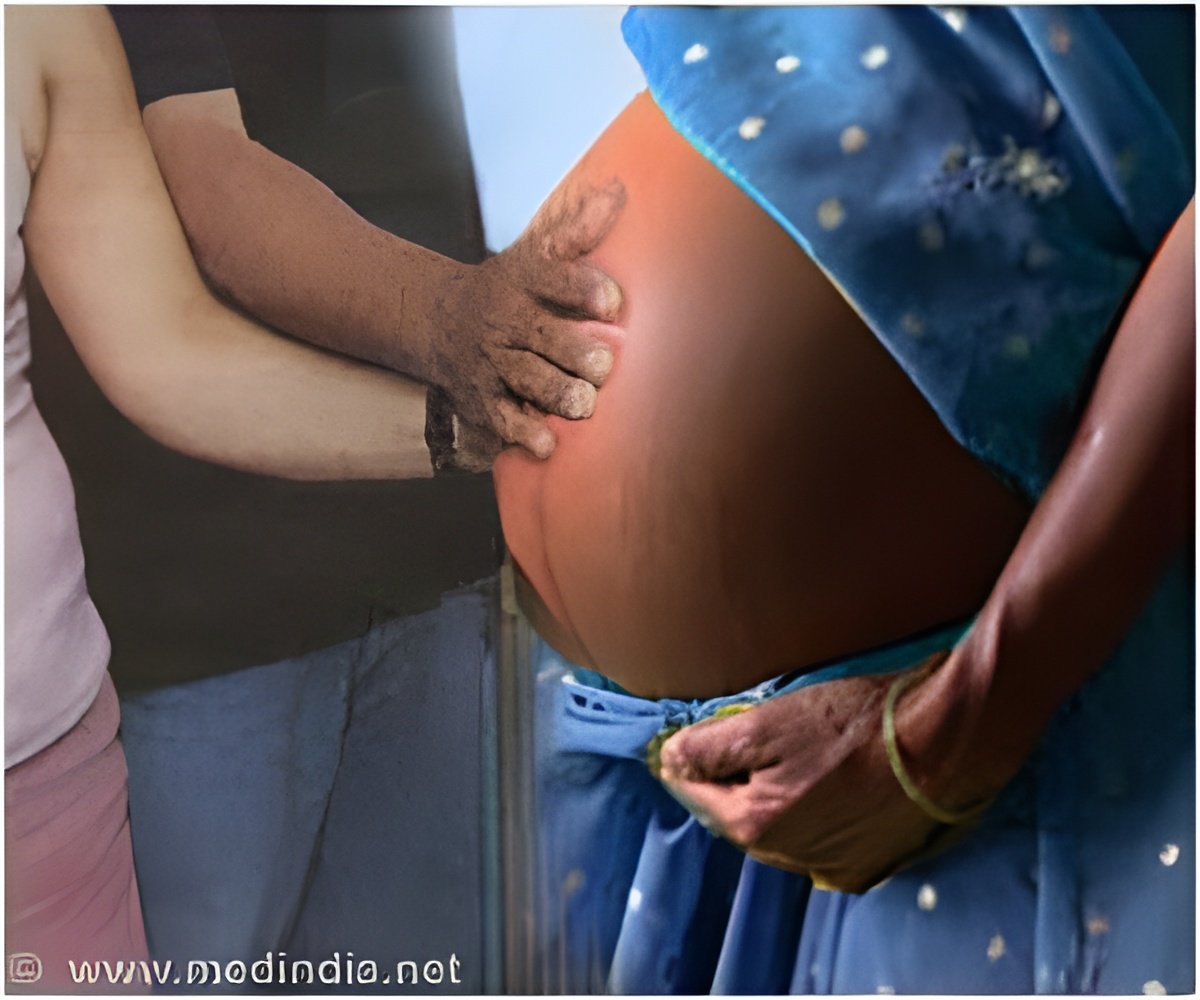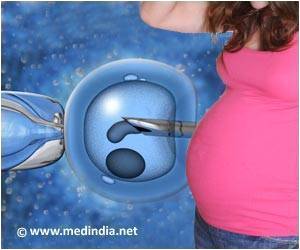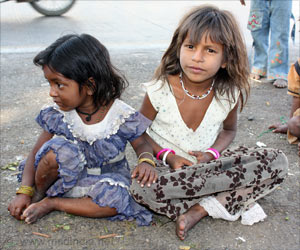The government does not support the commercial surrogacy and it would be limited to Indian married infertile couples only and not to foreigners.

‘The government does not support the commercial surrogacy and it would be limited to Indian married infertile couples only and not to foreigners. Only altruistic surrogacy to the needy infertile married Indian couple would be provided after their needs were assessed and found to be genuine.’





The court was also told that the Central government was in the process of bringing a comprehensive legal framework for not only protecting the rights of the surrogate mother but also for prohibiting and penalizing commercial surrogacy. The Center said, "An appropriate state authority would be set up under the proposed Assisted Reproductive Techniques (Regulation) Bill, 2014, to ascertain the genuineness of the need of infertile married Indian couples to have children." This was stated by Dr. Soumya Swaminathan, secretary, department of health research, ministry of health and family welfare, in response to a number of questions raised by the court in its October 14, 2015, order. The questions pertained to the government stand on commercial surrogacy, status of the surrogate mother, pain and sufferings of the surrogate mother for nine months, risk and psychological and emotional problems, and the mother of the surrogate child. Responding to a question posed by the apex court, the central government said, "The import of the human embryo is prohibited except for research purposes based on the guidelines of the department of health research."
The Center's affidavit also said, "Provision would be incorporated in law to penalize the commissioning couples who failed to take the custody of a child with disabilities born from a surrogate mother."
Source-IANS









